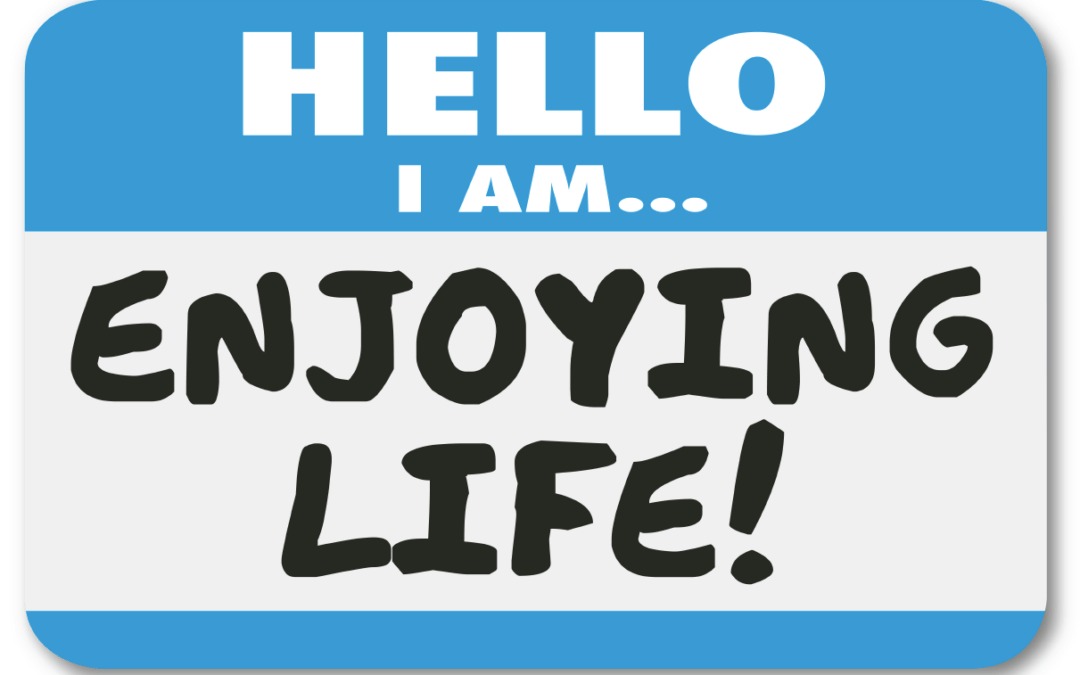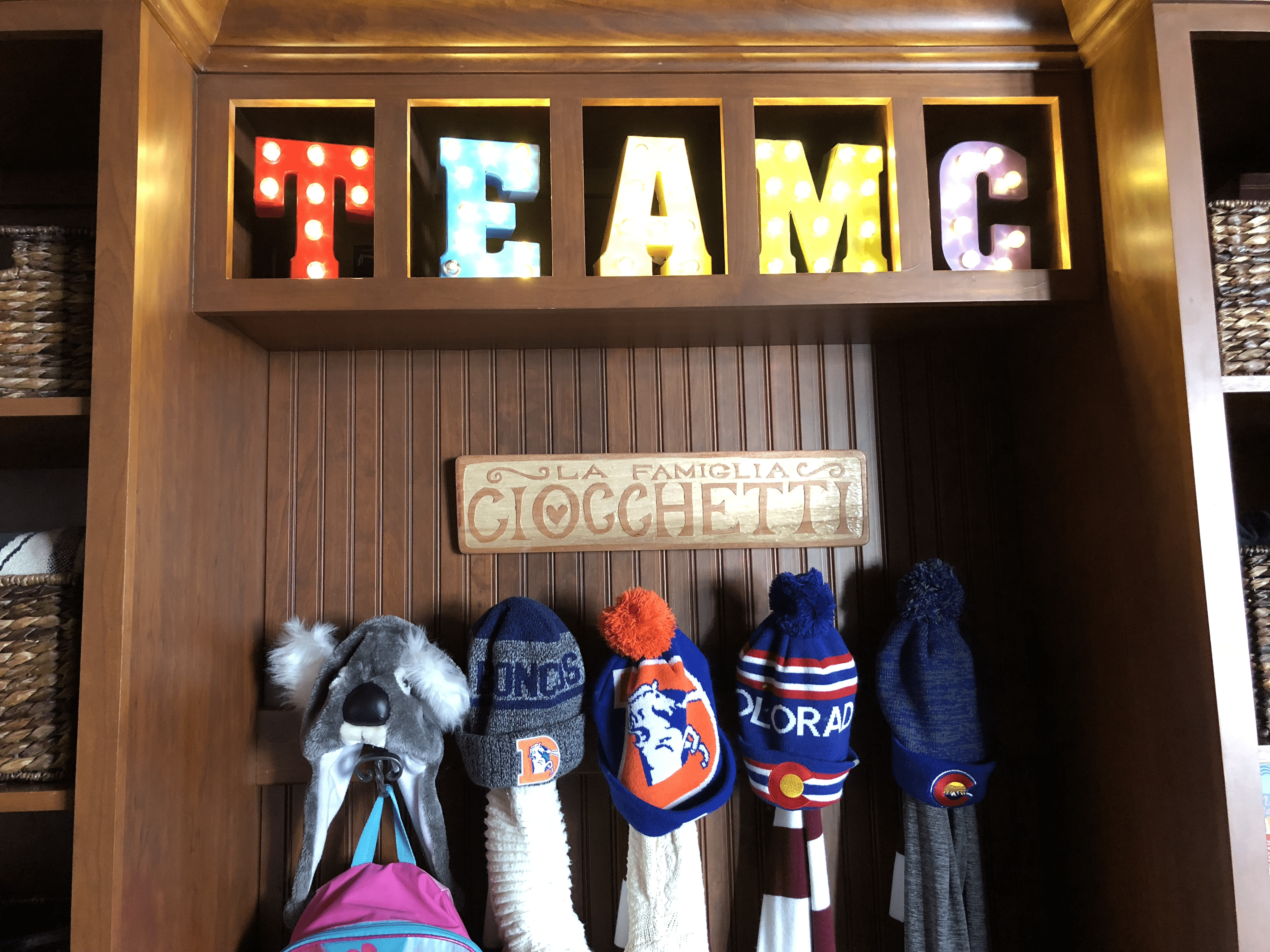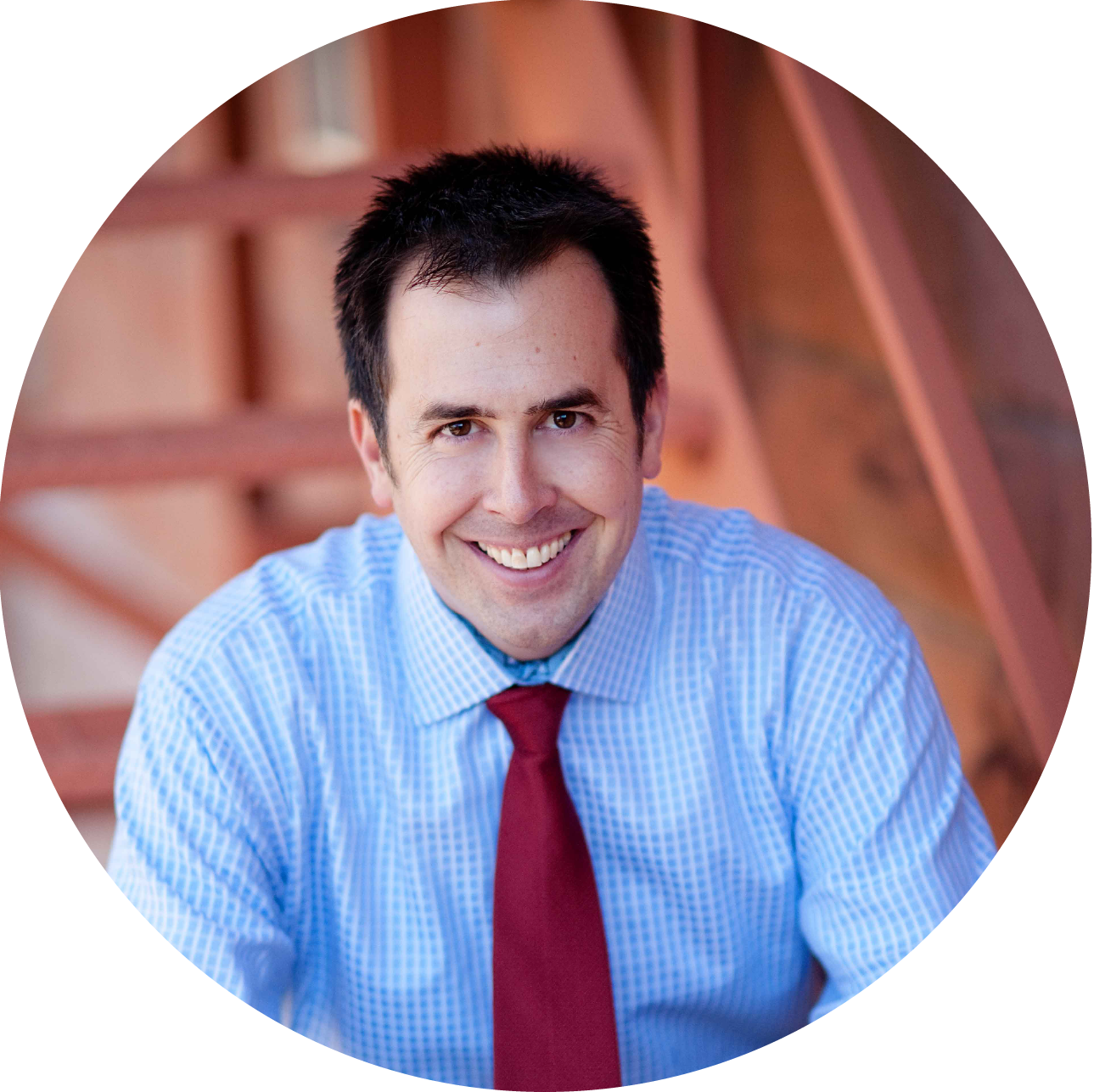Do you desire authentic happiness – the kind where you wake up joyful and possess a heart filled with peace and contentment? Are you interested in treating people better (even the mean ones) or mending some broken relationships (even the ones you didn’t break)? Do you struggle often with how to make the right call in the face of fear or moral uncertainty? I do! I want more happiness, contentment, healed friendships, and courage to navigate tough times . . . desperately! If you want more of this as well, you’ve come to the right place.
Every Saturday on the Ethics Blog we will cover the Virtue of the Week! If you think that a Virtue of the Week sounds as nerdy a topic as humanly possible. . . you would be correct. However, it’s nerdy in a wonderful way. Work with me here. We are going to do the kind of thinking that can actually make you a better and happier person, the kind of attitude adjusting we should undertake continually. Let’s “nerd it up” for the greater good.
This week I will introduce the subject of living a virtuous life. Next Saturday, we will begin with COURAGE. That’s the best one to start with. Courage is a meta virtue – meaning that it drives the other virtues. Without courage, it’s tough to be honest and impossible to speak truth to power. Without courage, it’s hard to be compassionate and impossible to swallow pride and forgive. There is also no doubt that our communities desperately need each of us to muster more courage. But, before we get to that . . .
What in the World Is A Virtue?
The concept of virtue-seeking found prominence with one of the world’s greatest philosophers, Aristotle. He talked a great deal about people becoming virtuous in order to live what he called the Good Life. This is the type of existence where one lives in a state of overflowing happiness (in Greek, eudaimonia). To Aristotle, finding overflowing happiness, or flourishing, is every rational person’s ultimate goal. In other words, if you are rational, you will seek happiness as the end of all ends. It will drive how you act on a daily basis. If you don’t agree, Aristotle would likely say that you are acting irrationally.
But, bluntness aside, in this case Aristotle is: (1) totally arrogant, (2) absolutely correct, or (3) maybe both. After speaking with hundreds of thousands of people in audiences nationwide over the past twelve years, I’ll go with option #2. Through my travels, I have found that most everyone desires happiness as their ultimate goal. They tell me that there is nothing greater to yearn for; happiness is ultimate to most everyone.
Think about your life. Why do you do the stuff you do every day? I’d bet dollars to doughnuts that you do what you do primarily to be authentically happy. Let’s elaborate. Why do people dedicate themselves to their work? I think we work so hard because doing good in our careers fulfills us and being fulfilled makes us authentically happy. Why do we get married, have kids, travel, and hang out with family and friends? I would venture that uniting in love, watching kids discover the world, globetrotting, or hanging out with loved ones makes us really, really happy. The truth is, once we’re happy in this way, we don’t wait for something else better or grander to more pleasurable to happen. We don’t need that. Happiness is not a stepping stone. It’s the ultimate goal, the end of the road. So, it appears that Aristotle is right. Go figure! J
If you agree so far, then let’s come up with a blueprint to figure out what virtues are and how to pursue them appropriately. On this front, I have some good news and some bad news. The good news is that discovering virtues is the easy part; it’s actually amazingly intuitive and simple. The bad news is that habitually acting in accordance with each virtue is tedious and hard – like most stuff in life worth doing. So, let’s start with the easy part. How do you spot a virtue?
A virtue is a character trait that the vast, vast majority of people inherently consider to be good. They need not think deeply to decide; it’s obvious.
The Ciocchetti Airport Test
You can use the so-called (by me only I think) Ciocchetti Airport Test to come up with a list of virtues that fit this definition. This wonderfully-named thought experiment works like this. Imagine you went to any airport anywhere around the world, tapped a random person on the shoulder, and asked, “Excuse me. Is it good to be honest?” Everyone you ask is very, very likely to say yes. The same thing would happen if you asked a different person about whether it’s good to be compassionate or courageous. We humans just tend to agree that these traits are good things to possess. And no one you ask needs to do a lot of research to come to these conclusions. We each just feel that these things are inherently good and say so. This makes them virtues.
Let’s look at the flip side of the coin. You would likely get a different reaction if you asked random people at airports across the globe if it’s good to be wealthy. Some people would definitely say yes, others no. Some might think about it for a long while, shrug their shoulders and remain confused. That response doesn’t mean that there is anything wrong with wealth. It just means that wealth is not a virtue because we all don’t inherently agree that it’s an inherently good to possess.
We’ve Identified Virtues . . . Now What
Armed with a list of virtues, you now need to incorporate them into your life. Remember, this is the hard part. It’s not good enough just to think about being a good person. You must also act on those thoughts in order to flourish. So, you should live every day by practicing more honesty, compassion, and courage. You should make these virtues habits and constantly try to hone them while at the same time eliminating vices such as envy, greed, meanness. As you do this, says Aristotle, you will become more and more virtuous and, thereby, happier and happier. That sounds like a great plan. So, what’s the hold up? Why don’t more people do this all day long? There are a few key roadblocks:
- We tend to default to the easier path in life. I call this the Moral Minimum. For example, most times, it’s easier to lie than tell the truth. It’s generally easier to be mean and hold grudges than it is to swallow our pride and be compassionate. It tends to be much easier to act cowardly than it is to muster courage in scary situations. So, that’s what we pick . . . because it’s easier.
- Becoming a good person takes practice. We are good at buying-in, for a time. After hearing my speeches, people are excited to try this out. I’m good at motivating people for an hour. Then . . . life gets in the way and we find it’s tiresome and tedious to consistently seek virtues. We don’t have a ton of support for this from our families and friends and our plates are full.
- Finally, we don’t see results right away. Becoming a good person is like obtaining a chiseled physique – it takes a great team of time, energy, and attention. We want results now and this just doesn’t work that way.
This stuff is hard. But, I encourage you to still try. Overcome these roadblocks because the reward is worth it – overflowing happiness. Come on, that’s a least worth a try! If you’re with me, here are the next steps.
The Golden Mean
Here is the last part of the theory, the link that ties it all together. We’ve established what virtues are and how hard it is to turn them into habits. But, how do we know if we’re doing it right when we try to be better people? That answer rests in the Golden Mean – the place between each virtue’s deficiency and excess. Think about it like this: people possess every virtue imaginable. We all have some loalty, dependability, friendliness, patience, etc. So, that’s good. It’s not like we start from a blank slate. The problem is that we possess too much of some virtues and too little of others. These are the excesses and deficiencies that cause us unhappiness.
Take honesty, for example. Someone possessing too little of the virtue of honesty is a liar. Right? This isn’t a trick question. Would you say that the world has too many liars? Me too! Are you one of them? If so, stop lying so much. Philosophy! It’s not that hard.
On the other extreme lies bluntness, a vice that represents an excess of honesty. Blunt people hurt people with their harsh words. I am nore blunt than I am a liar. But, I need not start lying to even it out. This isn’t math. I repeat, this is not math. By lying to try and cancel out your bluntness, you will be miserable.
Instead, blunt people like me need to bite our tongues more often. We must stop hurting people with snarky and mean comments. This moves us closer to the Golden Mean of honesty. And on and on it goes with every virtue. Seeking the Golden Mean is what we will cover on Saturdays going forward. We will choose key virtues and discuss how to avoid their extremes. Sound fun? Tune in and see for yourself.
Next Week’s Virtue of The Week: Courage
Next Saturday, we begin with courage and evaluate what it means to be courageous. As mentioned earlier, courage is the best virtue to start with. Courage is a meta virtue – meaning that it drives the other virtues. Without courage, it’s tough to be honest and impossible to speak truth to power. Without courage, it’s hard to be compassionate and impossible to swallow pride and forgive. There is also no doubt that our communities desperately need each of us to muster more courage. See you for the conversation next Saturday!
- Check out COREYSPEAKS.COM for more on popular keynote speaker Corey Ciocchetti. Corey has keynotes on happiness, integrity, ethical leadership, ethical decision-making, morale, stress reduction, and professionalism. Corey has spoken in 44 states and over 250 cities since 2007.
- Check out Corey’s other cool ethics blog posts on LEADERSHIP and HAPPINESS – you won’t regret it.
- Corey’s new book, INSPIRE INTEGRITY: CHASE AN AUTHENTIC LIFE is available now!





